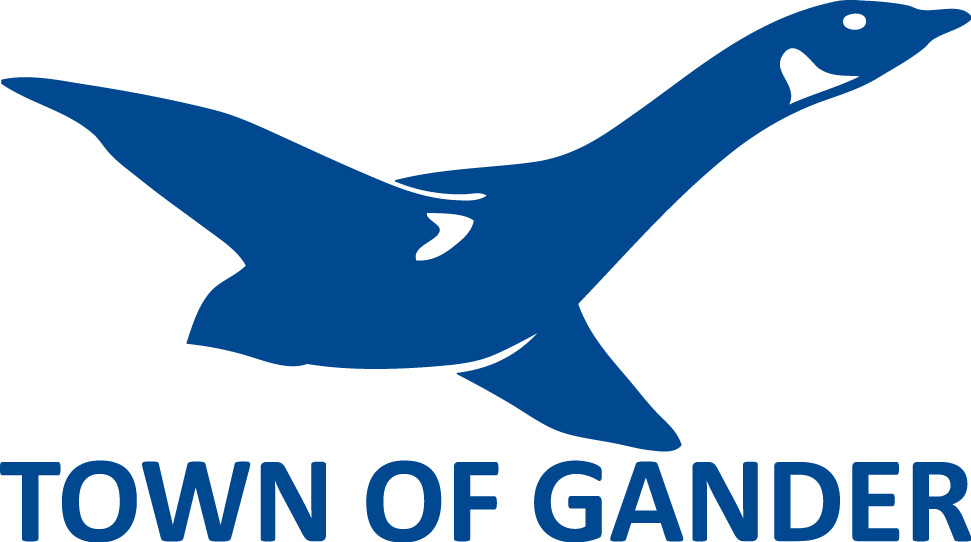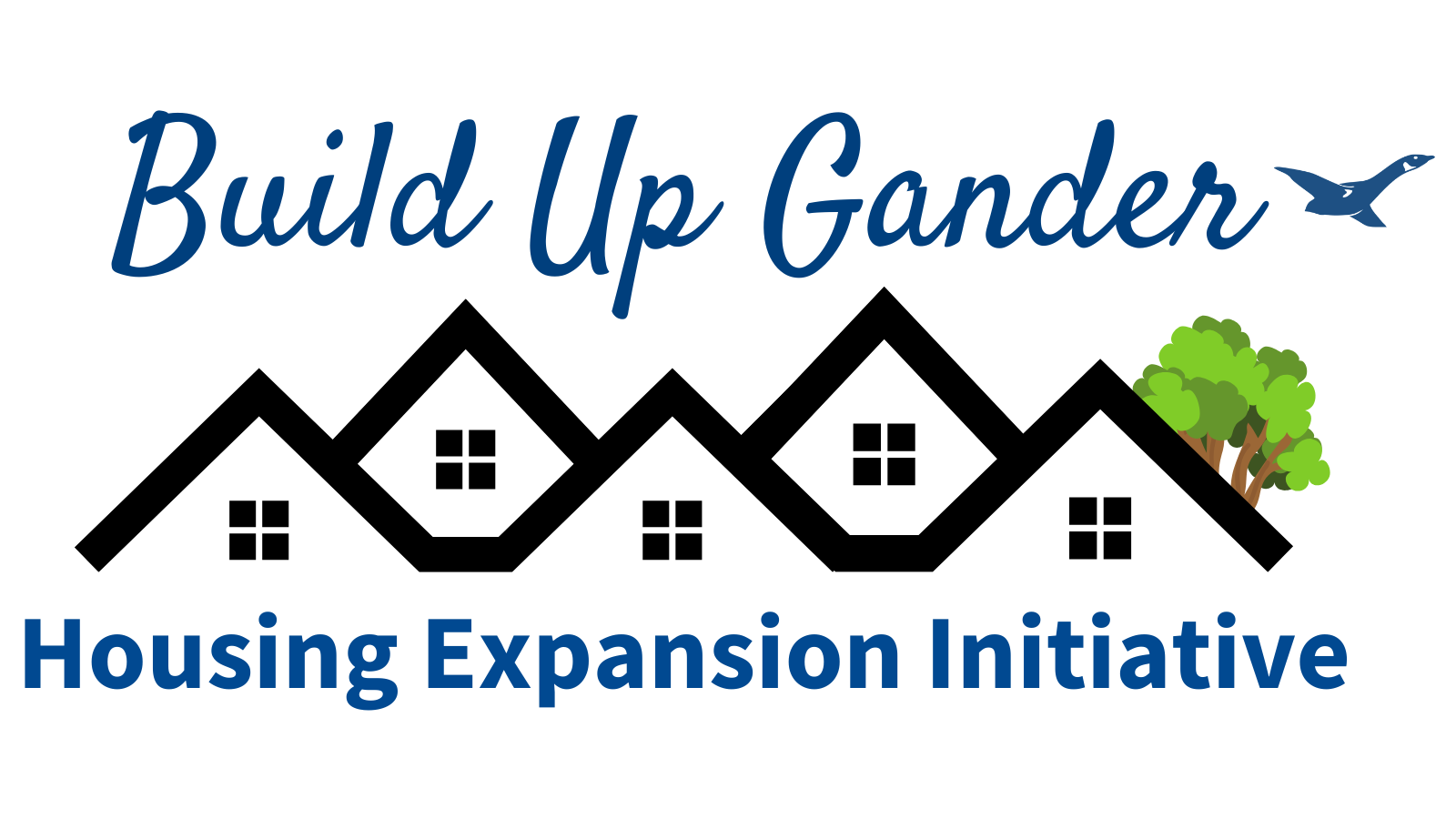Build Up Gander
Gander is a growing community of 11,880 with a population increase of 23 per cent since 2001. In recent years, there has been a surge in the demand for housing. Housing is a crisis nationwide, with Gander facing its own particular challenges. Council is exploring ways to meet the increased demand, including changes to regulations that better facilitate development opportunities.
Furthermore, to address Gander's housing supply needs, we introduced "Build Up Gander" as a strategic initiative. Recognizing dynamic socio-economic changes, we are committed to preserving Gander's character while creating an inclusive community that encourages growth.
We acknowledge the delicate balance between housing solutions and preserving neighborhood traditions. Management evaluated areas based on their protective value against community values like open spaces.
In consultation with community members and private / public stakeholders, several ongoing strategies under the banner of “Build Up Gander” have been introduced to address the increased housing demand, while also promoting sustainable development and community well-being.
So how do we get there?
Housing Accelerator Fund (HAF)
Housing Needs Assessment Update
Secondary / Basement Suite Incentive Program (Info & Application)
Pull Together: Addressing Housing Insecurity (MNL / Choices for Youth study)
Contact Us
Town of Gander
100 Elizabeth Drive,
Gander, NL A1V 1G7 Canada
709-651-2930
Info@gandercanada.com
Sign up to our Newsletter
Stay up to date on the Town's activities, events, programs and operations by subscribing to our eNewsletters.

